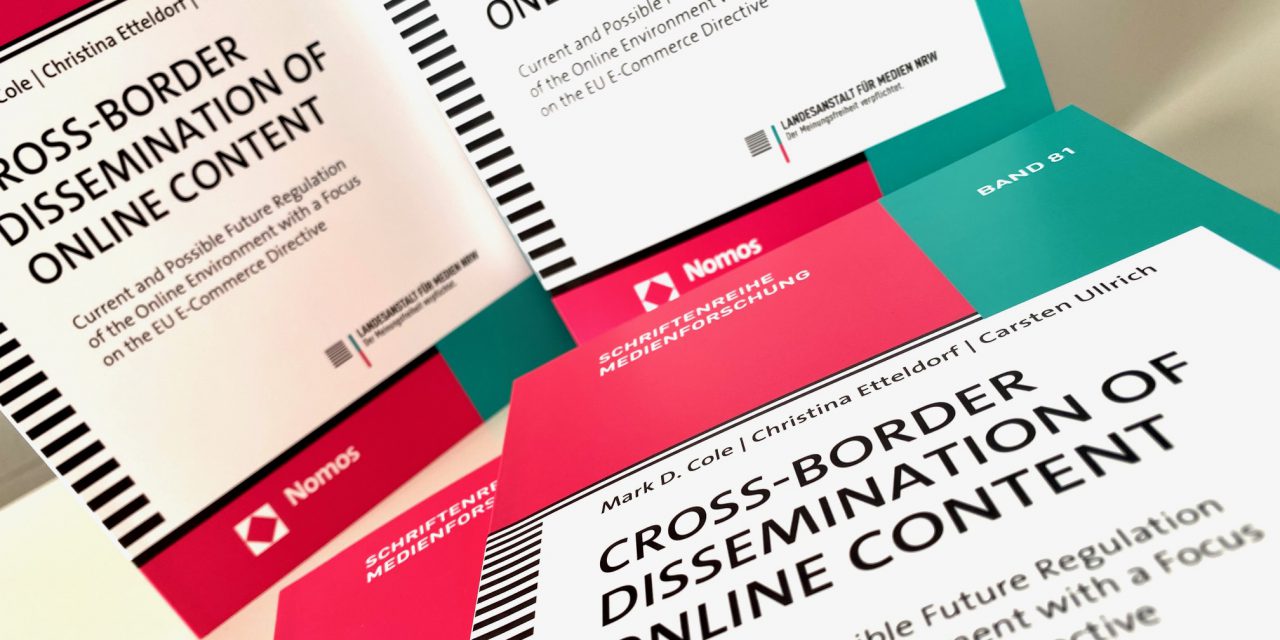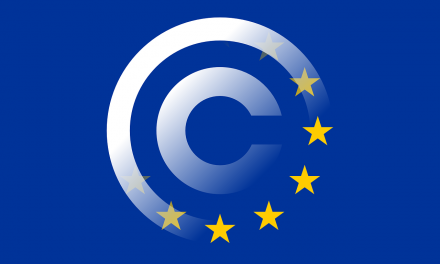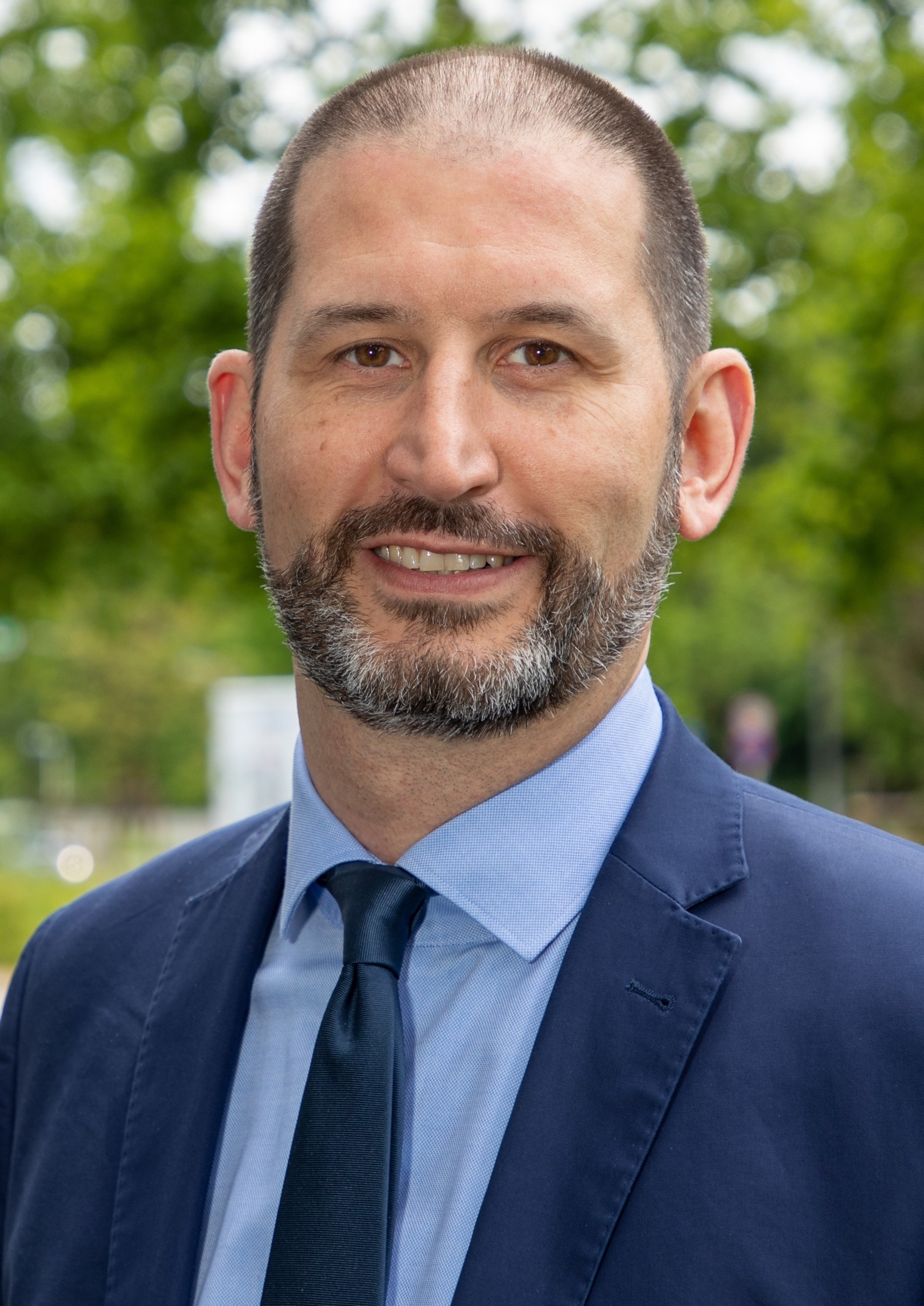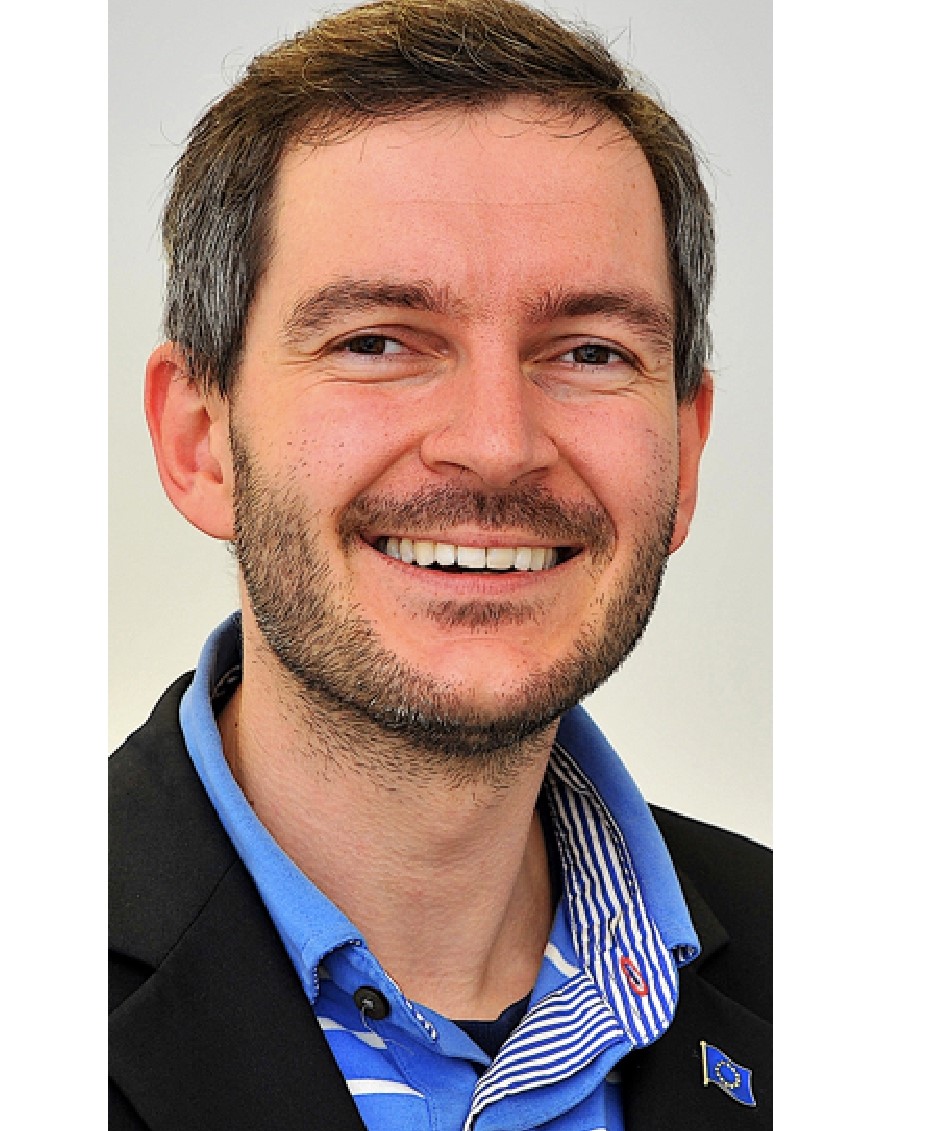Das Institut für Europäisches Medienrecht (EMR) hat im vergangenen November eine von der Landesanstalt für Medien NRW in Auftrag gegebene Studie mit dem Titel „Cross-Border Dissemination of Online Content – Current and Possible Future Regulation of the Online Environment with a Focus on the EU E-Commerce Directive“ erstellt. Diese wurde auf einer Veranstaltung “safeguarding freedom – securing justice” am 12. November in Brüssel der Öffentlichkeit vorgestellt. In der Studie geht es um die Frage der grenzüberschreitenden Verbreitung von Online-Inhalten. Diese stellt den nationalen und den Rechtsrahmen der Europäischen Union (EU) zur Überwachung von und Rechtsdurchsetzung gegenüber Diensteanbietern vor Herausforderungen. Die Vielzahl an und der immer einfachere Zugang zu illegalen oder schädigenden Inhalten werfen die Frage auf, ob die Regelungen der bereits im Jahr 2000 verabschiedeten europäischen E-Commerce-Richtlinie angesichts der sich stetig weiterentwickelnden Online-Welt und der auf neuen Geschäftsmodellen beruhenden veränderten Rolle von Plattformen bei der Inhalteverbreitung fortbestehen können. Vor diesem Hintergrund analysiert die aktuell veröffentlichte Studie den aktuellen Rechtsrahmen und zeigt rechtliche Gestaltungsmöglichkeiten der Rechtsdurchsetzung bei als rechtswidrig einzustufenden Inhalten auf. Besonderes Augenmerk legen die Autoren Prof. Dr. Mark D. Cole, Christina Etteldorf und Carsten Ullrich dabei auf den Reformbedarf der E-Commerce-Richtlinie vor dem Hintergrund der sich wandelnden Rolle von Plattformen.
Die Studie ist nun in der ausführlichen Fassung als Band 81 der Schriftenreihe Medienforschung der Landesanstalt für Medien NRW bei Nomos veröffentlicht . Die 280-seitige Studie (nebst 44-seitigem Anhang mit überlick aller relevanten Rechtsgrundlagen, die nur in der Online-Fassung enthalten ist) ist für alle Interessierten unter Open Access Lizenz abrufbar in der Nomos eLibrary:
https://www.nomos-elibrary.de/10.5771/9783748906438/cross-border-dissemination-of-online-content
Die gedruckte Version ist erhältlich unter:
Die bereits im November 2019 veröffentlichte Executive Summary ist sowohl in deutscher, als auch in englischer Sprache abrufbar unter:
Die Präsentation von Prof. Dr. Mark D. Cole zur Vorstellung der Studie ist hier abrufbar.
Last November, the Institute for European Media Law (EMR) conducted a study on behalf of the State Media Authority NRW entitled “Cross-Border Dissemination of Online Content – Current and Possible Future Regulation of the Online Environment with a Focus on the EU E-Commerce Directive”. The study was presented to the public at an event entitled “safeguarding freedom – securing justice” on 12 November in Brussels. The dissemination of online content across borders is chellenging the national and European Union (EU) legal frameworks for monitoring service providers and enforcing the law. The vast amount of, and increasingly easy access to, illegal or harmful content via online service providers raises the question whether the provisions of the European Union’s E-Commerce Directive, which date back to the year 2000, can continue to be valid with regard to the dissemination of content in view of the constantly evolving online environment and the changing role of platforms as a result of new business models. In this context, the recently published study analyses the current legal framework and reveals ways of enforcing the applicable provisions concerning illegal content. The authors Prof. Dr. Mark D. Cole, Christina Etteldorf and Carsten Ullrich payspecial attention to the need for reform of the E-Commerce Directive in light of the changing role of platforms.
The detailed version of the study has now been published by Nomos as Volume 81 of the Media Research series of the NRW Media Authority. The 280-page study (together with a 44-page appendix, which is only available in the online version) is available under Open Access License in the Nomos eLibrary:
https://www.nomos-elibrary.de/10.5771/9783748906438/cross-border-dissemination-of-online-content
The printed version is available at
The Executive Summary published in November 2019 is available at
The presentation by Prof. Dr. Mark D. Cole on the presentation of the study is available here.












